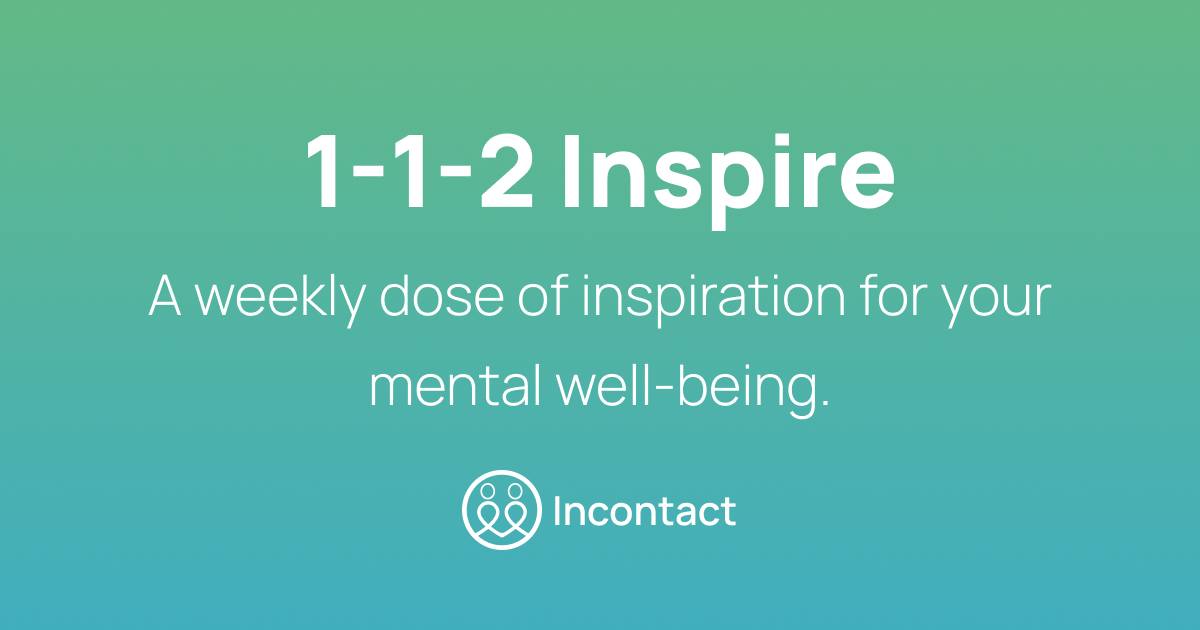- 1-1-2 Inspire
- Posts
- 1-1-2 Inspire: When you’re micromanaged at work, you tend to overcontrol at home
1-1-2 Inspire: When you’re micromanaged at work, you tend to overcontrol at home
Edition #22

Hi there, I’m Aarti, Founder and Lead Counsellor at Incontact.
We often talk about how childhood shapes parenting. But what we talk about less is how adulthood reshapes it, too—especially through the environments we spend most of our waking hours in.
Home is where we first learn patterns—about power, care, listening, and safety. But those patterns don’t exist in isolation. They get reinforced—or distorted—by our workplaces. And when the workplace demands too much or offers too little, it quietly seeps back into the home.
I’ve seen this in my counselling practice—and I’ve seen it in myself.
There are weeks when my calendar is back-to-back with emotionally intense sessions. I’m holding space for grief, crisis, and decision-making. Even though I love this work, I sometimes find myself carrying its residue into my evenings with my two boys.
I get less playful. More focused on rules, routines, or whether things are “in order.”
Not because I want control—but because I’m running low on the resources that make room for chaos and connection.
1 Story—When lack of control at work reshapes parenting
This isn’t just a personal observation. It’s backed by research.
Studies show that when people are micromanaged, deprived of autonomy, or monitored closely at work, they often become more controlling at home.
We’re wired for agency. When that’s taken away in one part of life, we instinctively try to reclaim it elsewhere.
For many working parents, “elsewhere” is the dinner table, the homework hour, the bedtime routine.
This shows up in subtle but powerful ways:
A parent who isn’t heard at work might dig in harder when their child resists instructions.
Someone overwhelmed by a rigid workday might over-schedule their child’s time just to feel some order.
A team lead stuck in firefighting mode may rush bedtime check-ins, missing moments of quiet connection.
It’s not intentional. It’s survival.
But children pick up on it. They notice when “discipline” carries frustration rather than guidance. They notice when “structure” feels like control instead of care.
We tell ourselves we’re doing what’s necessary. But often, we’re just trying to restore balance we never had the chance to claim during the day.
1 Takeaway—Emotions don’t stay in silos
Parenting isn’t compartmentalised. Neither is mental health.
When you feel disempowered at work, it doesn’t vanish once you clock out. It travels with you—into how you listen, how you react, how much space you make for your child’s autonomy.
So if you notice a short fuse or a need for control creeping in, ask yourself:
What part of me is trying to feel safer?
It might not be about your child’s behaviour at all. It might be about your own need to reclaim space, voice, or choice.
2 Tools to reclaim agency and restore connection
Name the transfer
At the end of a workday, before you transition into parenting mode, pause. Ask yourself:
“What am I carrying from today that doesn’t belong in this room?”
Sometimes, the simple act of naming it creates just enough space to choose differently.
Offer choices at home
When you feel the impulse to control, interrupt it with collaboration. Offer your child small choices that affirm their voice:
“Do you want to brush your teeth before or after the story?”
“Would you like to pack your bag now or in the morning?”
It reminds both of you that power doesn’t have to come through pressure.
When children feel seen—not managed—they respond differently.
Let’s raise them in homes that model what many workplaces still struggle to offer: autonomy, dignity, and emotional safety.
Warm wishes,
Aarti
Reply